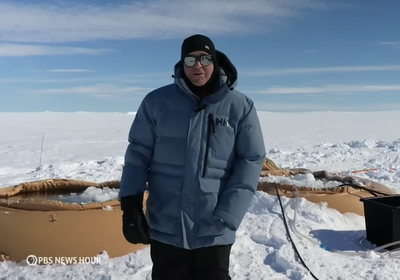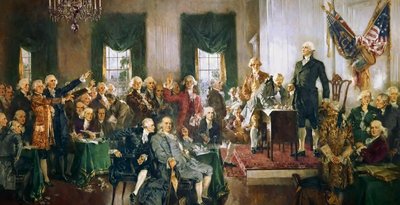Summary
Dr. Charles Drew was the first African American to receive a doctorate degree from Columbia University, and his key medical innovation from the 20th century is being used now to treat COVID-19 patients. Drew’s daughter, Dr. Charlene Drew Jarvis, talked with NewsHour reporter Bria Lloyd about her father and his legacy.- Drew developed a method to increase the shelf life of blood plasma and was chosen to lead the “Blood for Britain” campaign during World War II, which saved thousands of soldiers' lives through collecting and transporting blood plasma.
- Researchers are now examining the plasma of people who had COVID-19 as an experimental treatment for new patients with the disease.
- Drew's daughter, Dr. Charlene Drew Jarvis, discussed the barriers to equality in the field of healthcare in America, in which only five percent of doctors are Black.
- She talked about how in 1940 her father wrote that the country’s most important medical problem was Black Americans' inadequate access to healthcare. This problem still persists today, over 80 years later.
Five Facts
- Who is this story about?
- When did he live and work?
- What was his research about?
- Where was his research helpful?
- Why is his story still relevant today?
- How can we learn from his daughter now?
Focus Questions
In what ways can we see unequal access to health care in America throughout the pandemic? Drew’s daughter, Dr. Charlene Drew Jarvis, talked about one barrier to equality in the health care field being the extremely high cost of medical training. Can you think of other barriers? Media literacy: The NewsHour video featured Dr. Drew Jarvis speaking about her father. What additional interviews might you also want to see?For More
- Watch this video about health care workers on the frontlines against COVID-19. Examine the risks and importance of health care workers.
- Check out this lesson plan to examine how different groups of people are affected differently by the coronavirus.
- You can also use this lesson plan to help determine how you can help people in your community overcome barriers to getting vaccinated.




